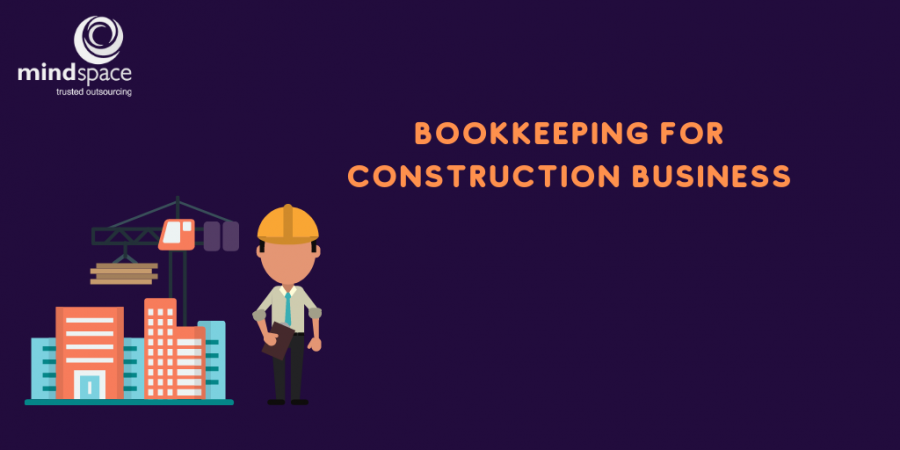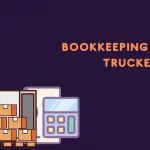Remote Bookkeeping Services for Construction Business
Bookkeeping is a crucial aspect of any business, and the construction industry is no exception. In fact, bookkeeping for construction businesses can be particularly challenging due to the unique nature of the industry. With multiple projects running simultaneously, numerous subcontractors to manage, and a constant influx of expenses, keeping track of financial records can quickly become overwhelming. However, maintaining accurate and up-to-date financial records is essential for the success of any construction business. In this article, we will discuss the importance of bookkeeping for construction businesses and provide some tips for effective financial management.
Construction contractors especially have to take care of how much customers owe and how much money they pay for suppliers and other expenses. Most small business owners who keep accurate financial records are well-equipped to make informed decisions.
Construction business owners are required to file transactions on a daily basis, which requires discipline to ensure that no item is missed or forgotten. Mistakes can cost unnecessary business money and cause issues with important financial matters, and outsourced bookkeeping services are used to manage these things.
Bookkeeping For Construction Business
Here are some bookkeeping tips that will keep your bookkeeping as simple as possible.
- Effective construction bookkeeping combines all your costs together. A Cost of materials and equipment, subcontractors and employees, transportation and insurance have to be met before a successful bid can be completed. Your bids, whether they are electronic or handwritten, must be developed so that you do not miss a line while bidding. There should be an integration of inventory tracking software with your bookkeeping software to maximize your profit.
- Real estate companies require separate journals for accounts payable, accounts receivable, job costs, and content, so create a series of journals to record the company’s day-to-day transactions. Use paper accounting journals from office supply stores or create journals in a word-processing program. Create a column to enter the date, transaction details and amount of each transaction.
- Enter your company’s bills in the “accounts payable” journal. This includes repairs and maintenance of rent, fuel, vehicles, equipment and other property; Insurance; Compensation of employees; And includes items such as loans and credit accounts. For each entry, include the date, payment amount, and method of payment. If it was created by check, then also include the check number.
- Record all payments received from customers in the “accounts receivable” journal along with the date, name of the customer, amount of payment and the amount due.
- Record business-related expenses in the “job costs” journal, including; Payroll, Subcontractor Payment; And equipment, supplies and material purchases. Enter all these expenses with a date. Also summarize the purchases, payments or payments made and the name or number of the job for which the expenditure was incurred. Make sure that all these things are in your records.
Construction businesses have many different factors that are different from other industries, such as manufacturing or retail.

Project-driven
Contractors operate their businesses primarily with projects with billing, production or labour. The company’s profit margin determines the livelihood of contractors; therefore it is necessary to stay organized with bookkeeping.
Construction and production take place at different sites rather than at fixed locations. Equipment use and labour often run, resulting in cost mobilization. Additionally, equipment and labour costs associated with projects always have to be tracked at each job site with varying wage rates.
Contract Length
Construction contracts can often take years to complete, which is longer than in many other businesses. Usually allow 30 – 90 days or more to pay the invoice, depending on the terms of the contract.
Choose the right Construction Bookkeeping Software:
Today we live in a technologically advanced world. Doing bookkeeping for construction business by hand can turn into a disaster. Construction accounting software will help keep your team organized as it records financial transactions in a centralized location.
For example, the software can track project expenses, invoices, additional horses, etc. Depending on the project, many accounting software is available on the market, common accounting software can do it. However, as any construction company grows over time, the search for developed software should be considered as the transactions become more complex as well. There is some cloud-based software in the market that allows storage.
Conclusion:
Bookkeeping for construction businesses is different from the accounting process in the general industry. Construction projects have production, extended periods, and different locations that require organized bookkeeping. When you have the right accounting software for Construction bookkeeping and a team like Mindspace Outsourcing Bookkeeping Services, you can be sure to take your books.
For more information call today: US: +1 786 871 2066 | India: +91 141 402 3431 | UK: +44 20 7096 0555 you can also write us: [email protected]


